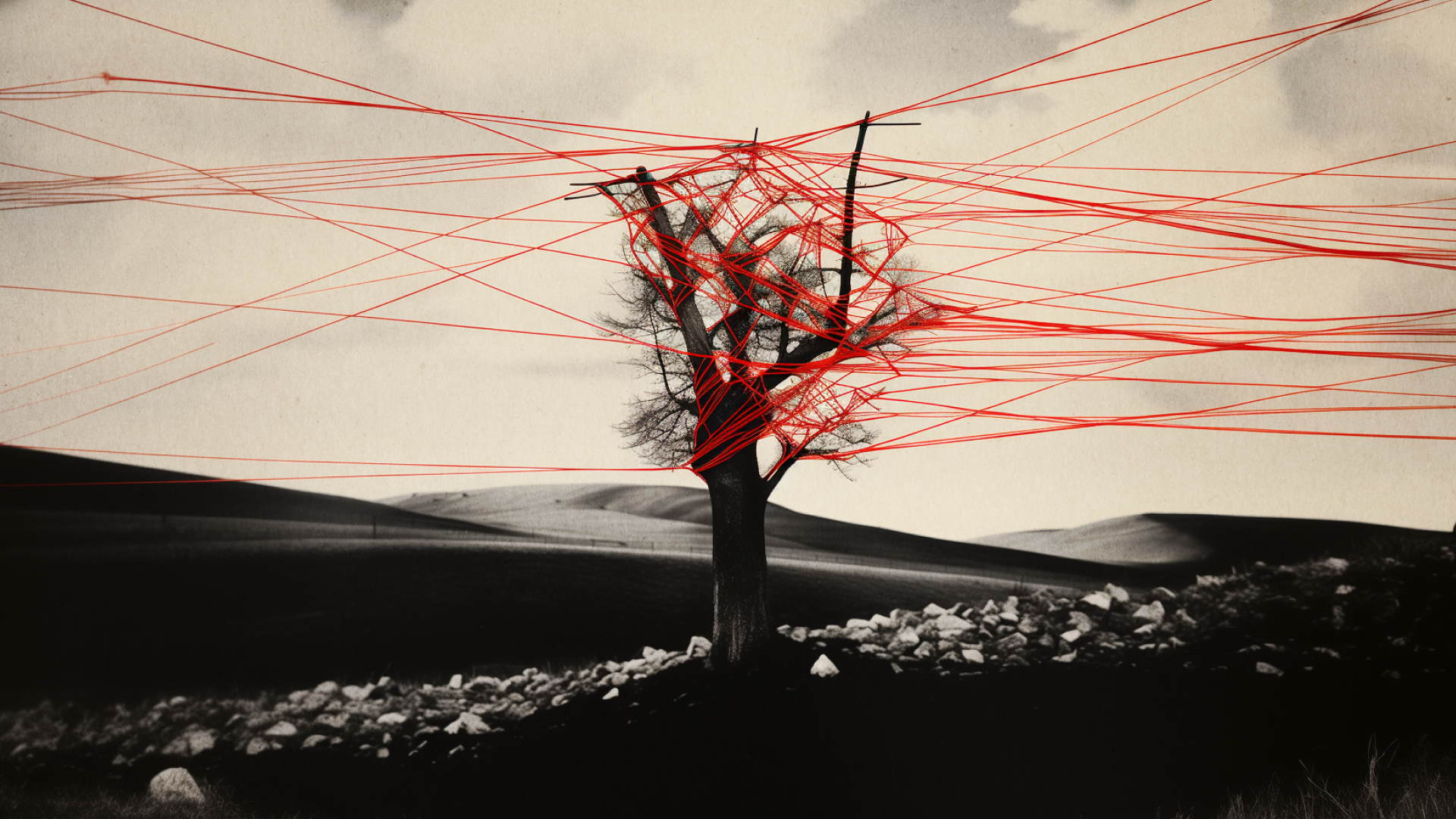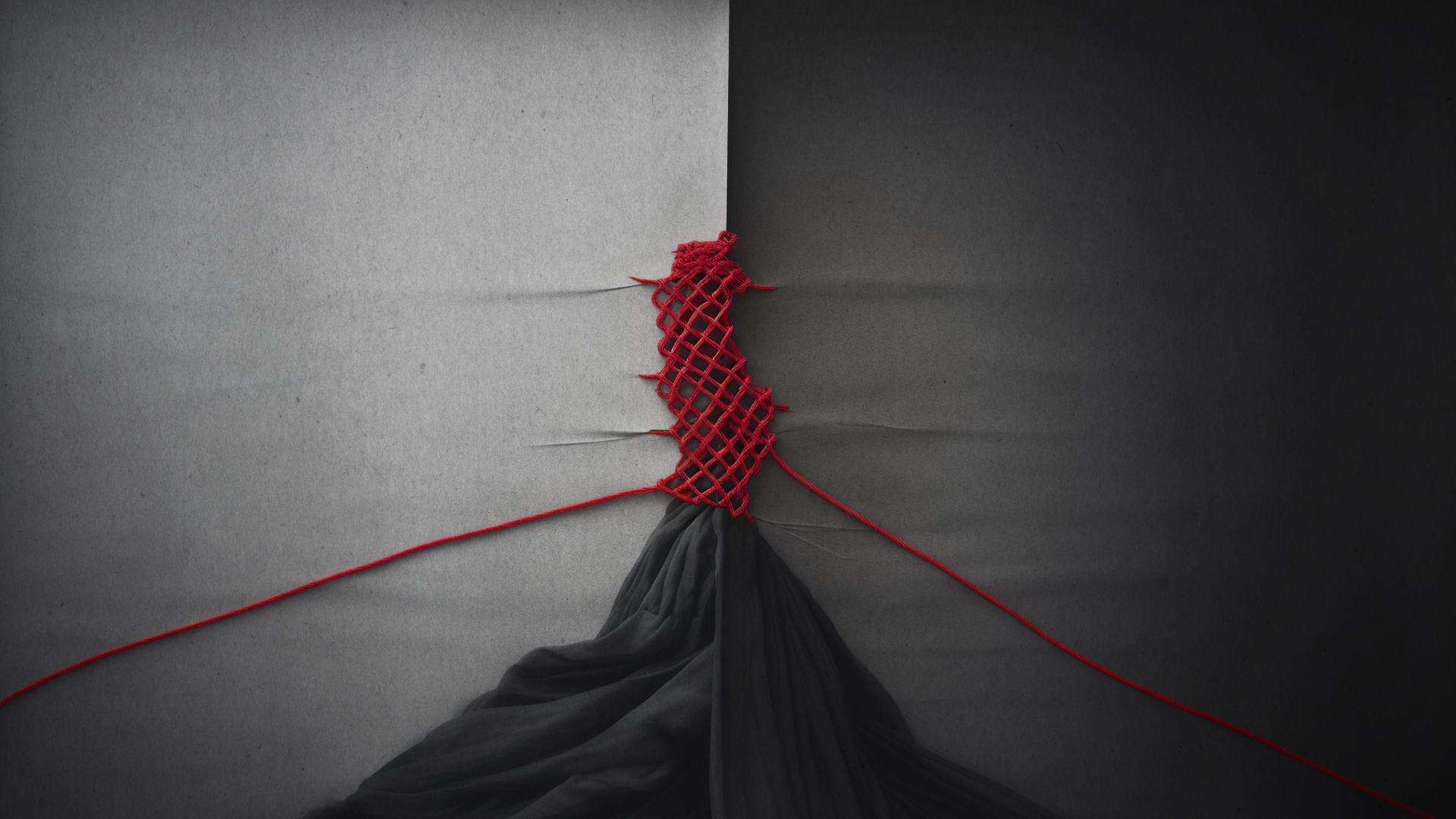In a Broken World, Broken Hearts Love Company

On a gray morning last spring, I found myself pausing over a friend’s email. “I hope your wonderful broken heart is filled with gratitude and love today,” she wrote. I wasn’t sure what to make of her words. Were they a tribute to the prevailing wonderfulness of my heart or a lament for its enduring brokenness?
Unable to untangle her meaning, I let the words echo through the months that followed. I heard them in the background as I read the news, contemplated the world, and tried to make sense of evolving events. Yes, my heart was broken, but its brokenness was exacerbated by everything broken around it—governments, communities, ecosystems, dreams. It was easier to sink into defeatism than feel anything like the gratitude or hope she’d wished me.
So I went back to her email and reflected on her words again. This time I noted that wonderful modifies my broken heart and not my heart alone. I thought of the Japanese Kintsugi tradition of pottery repair, in which the cracks of a broken bowl are thought to be beautiful and symbolic. Rather than disguising damage and wear, the potter enshrines them as part of the object’s story. It seemed there was something more than just pragmatic in this practice, something humble, honest, and wise.
Instead of the knee-jerk reflex to patch, fix, disguise, or erase, maybe what we need is brokening. Used colloquially to mean a process of continual breaking, brokening might fit better in the Dictionary of Obscure Sorrows (an anthology of idiosyncratic emotions) as the realization and acceptance that perfection is delusional, that cracks are inevitable, and that chaos and uncertainty are at the crux of human life.
We’ve all been broken in some way or other. To be broken is to be alive. Everything else is just marketing.
Stop fixing the unfixable
Marketing is the act of creating markets through meaning and creating meaning through markets. Marketing makes capitalism personal by bringing its products and services into our lives, homes, and hearts. It crafts stories that form our taste, shape our desires, validate our identities, and foster the illusion of a consistent self that can be predictably satisfied. Marketing mediates between how we feel and what we want, occasionally matching the two.
But marketing can be facile and glib. It willfully ignores that there are needs that products can’t satisfy, emotions too complex for billboards, and wounds that can’t be healed by self-help books or new therapies. It attempts to simplify and commodify our relationship with the world, evangelizing the belief that everything can be fixed if you name the right price.
Capitalism’s latest marketing project is none other than capitalism itself. For decades we’ve been fed the idea that everything bad about capitalism—growth obsession, a disregard for non-human life, a fixation on Western rationalism—was just collateral damage. Turns out, these casualties are written right in the system’s heart. As world leaders gather in the UAE for COP28, it’s becoming increasingly clear that capitalism can’t be fixed. We’ve seen through the marketing campaigns past and present. We’ve tried band-aid initiatives to make the system more sustainable, conscientious, and purposeful. We simply aren’t buying the spin any longer; we know the problem is the product itself.
But if capitalism can’t fix capitalism anymore, is it worth investing in? And what’s the realistic alternative? The American philosopher Fredric Jameson famously said, “It’s easier to imagine the end of the world than the end of capitalism.” How can we find the courage for post-traumatic degrowth and the ability—or desire—to thrive more by wanting less? Change will require a major departure from the “dominator logic” that has characterized the modern era, an anti-life, patriarchal mindset that rewards rationalism, aggression, and extraction. In an essay for the One Billion Rising movement, activist and writer Alnoor Ladha argues,“We will not transcend capitalism until we dismantle the patriarchy. And we will not transcend patriarchy until we dismantle capitalism.”
What might an economy look like if, instead of fixing the unfixable, it allowed for brokening? How could we design a business that prioritized all facets of life above market domination?
We may have the scars, the convictions, the facts, and the data—and may still be wrong
Capitalism’s problems are personal, too. Social media has blurred the divide between our private lives, our consumer habits, and our political concerns, with family photos appearing beside targeted fashion ads and war images in our feeds. The personal has always been political, but perhaps never to this visual extreme, where the whole wide world and its woes are present every time we glance at our phones.
bell hooks recognized the positive side of this phenomenon when, two decades ago, she wrote, “All the great movements for social justice have strongly emphasized a love ethic.” What she hadn’t anticipated was today’s degree of ideological division. Sparks go up in flames quickly. Cancel culture abounds. We default into tribalism over independent thought, making meaningful discourse impossible.
But there can be no understanding of the truth of the matter unless we acknowledge that the truth is never just ours. We may have the scars, the convictions, the facts, and the data—and may still be wrong. Our words will only ever be heard if they also allow the time and space to listen. For my wounds to heal, yours must heal alongside them. Our “wonderful broken hearts” love company, and we must plumb their brokenness together.
I don’t pretend to know exactly what this means or what the sharing of our brokenness will look like. But I think it’s exactly where we need to start imagining our collective future—a future where our separateness is the beginning of a profound communion. In Brian Doyle’s seminal short essay, Joyas Voladoras, he suggests that our lives are ultimately defined by loneliness, that each one of us is destined to live “alone in the house of the heart.” If this sounds a tad depressing, Doyle elaborates on the metaphor by turning away from humanity to rest his gaze on a different species, the blue whale:
“But we know this: The animals with the largest hearts in the world generally travel in pairs, and their penetrating moaning cries, their piercing yearning tongue, can be heard underwater for miles and miles.”
Tim Leberecht
Stay ahead of the curve

Wanted: Degrowth. Needed: Growth.

We Can’t Outperform Our Biology





